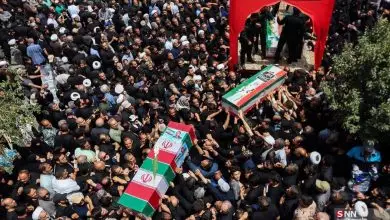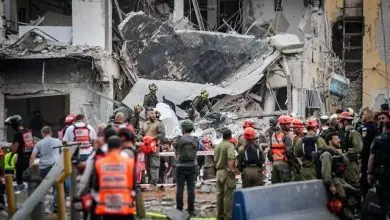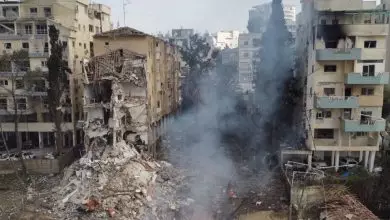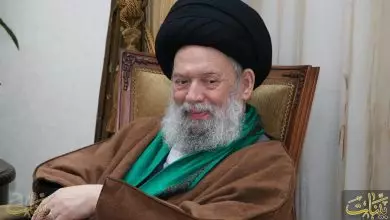Zionist Occupation Forces “Hunting for Jinns” along Lebanon Border
After following the “shadows” of Hezbollah fighters on Monday in Shebaa Farms, Israeli occupation forces turn to hunt for Jinns (Genies) along the border between Lebanon and the occupied territories, Lebanese Daily Al-Akhbar said on Wednesday.
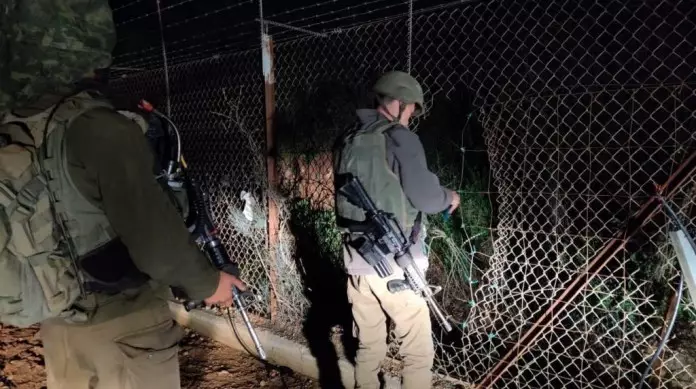
The daily was referring to events which took place late Tuesday in the western Galilee, when occupation forces claimed they had spotted a “number of suspects” along the border in the area.
The occupation military said the suspects were seen around the security fence shortly after 9 p.m., adding that Israeli troops searched the area to determine if anyone had indeed crossed the border. Israeli settlers in the area were told to remain in their homes and that they may hear the sound of gunfire.
An hour and a half later, the military said it was rescinding the instructions, allowing people to “return to routine,” after it determined that there were no signs of infiltration.
“The Israeli enemy has been on high alert. It seems that occupation forces are worried to the extent that they were hunting for Genies (Jinns) along the border starting from Naqoura in the West reaching Mutella in the east,” Al-Akhbar said.
The daily also noted that keeping the Israeli enemy on high alert is part of the psychological warfare against the occupation regime.
Earlier on Monday, Israeli occupation army unilaterally opened fire on Ruwaisat Al-Alam site and the surrounding area in the occupied Shebaa Farms, claiming that Hezbollah fighters had attacked the region.
Hezbollah, later, issued a statement, denying such claims and noting that the Israeli move came for fear of Hezbollah response to the killing of Ali Mohsen, a Resistance fighter, who was martyred earlier last week during an Israeli raid on Syria.
The Lebanese Resistance movement, meanwhile, stressed that retaliation to the killing of martyr Mohsen is “inevitable”.
Source: Almanar

